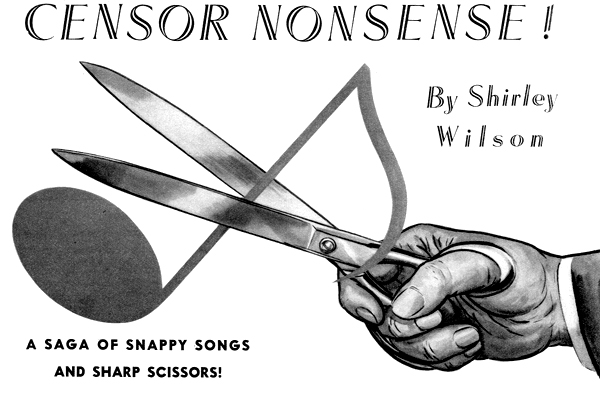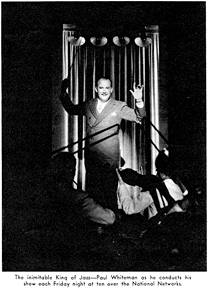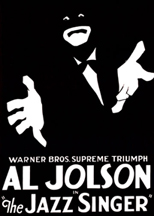Though he would go on to work with other composers (and have his songs be nominated for the best original song Oscar nine times), Mack Gordon spent the 1930s paired with English pianist and composer Harry Revel. The duo were very successful indeed, penning a string of popular songs that included “Underneath the Harlem Moon,” “College Rhythm,” and our personal favorite Gordon-Revel tune, “Did You Ever See a Dream Walking?”
This Snapshot in Prose captures the pair in 1934, at the height of their shared success. Read to the end of the piece, and you’ll find some of our favorite renditions of a few Gordon-Revel compositions.






 We have some big news for you, straight from Cladrite Industries’ central office in the heart of New York City:
We have some big news for you, straight from Cladrite Industries’ central office in the heart of New York City: Anyone with a casual interest in classic movies knows that
Anyone with a casual interest in classic movies knows that